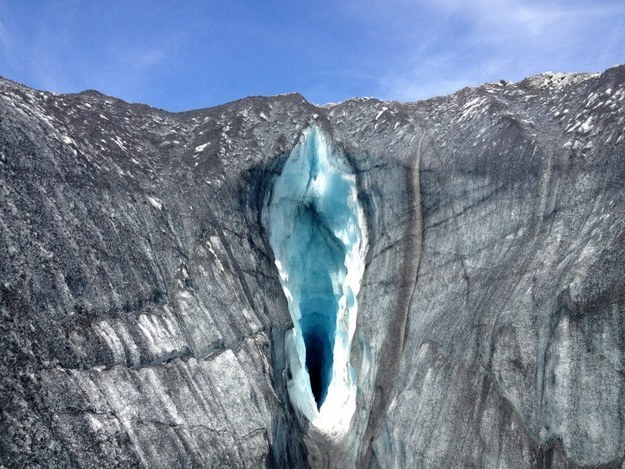by Kate
This blog comes with a strong language warning!
This weekend I had the distinct pleasure of participating in the Sydney Writer’s Festival’s first genre romance panel. With me were authors Avril Tremayne and Victoria Purman, and we were masterfully moderated by romance scholar Jodi McAlister. The panel covered romance from its roots, through feminism, heroism, sex (and sexism), and back around to a happy ending.
But an audience question raised an issue that I think has broader implications than the festival and the people we spoke with on Saturday.
That issue, gentle readers, is the word ‘cunt’.
The naming of female genitalia has a long and troubled history, particularly when it comes to describing it within a sexual context – not least of which because how women and their bodies felt (both emotionally and physically) in a sexual context wasn’t of import for a very very long time. Further, when it came to sexual descriptions, the woman was frequently equated with her sexual organs, that is the hero sunk into ‘her’, or ‘she clutched at him’, where the woman became only her sexual organs, where everything felt or done by her vagina and vulva are done by her whole self.
So authors trying to first, distinguish a woman from her sex organs and second, describe her pleasure, arousal, feelings, and physicality, were fighting an uphill battle. They were also fighting a battle of modesty and culture and context, and from thence sprang the purple prose that so many critics like to drag out and expose to the harsh, cruel, contextually unforgiving light of modern critique. The moist caverns, the weeping grottos, the soft petals, and delicate flowers.
Flash forward to a time when (ostensibly) sexual equality has been achieved, and women are free to explore their own sexuality, desire, and pleasure. There’s still the ongoing, historically-laden issue of labels. And that’s where cunt comes in.
Everyone will have differing reactions to the word – after all, on a scale of one to vulgar, the c-bomb tops the list. There is nothing more offensive, and nothing more taboo. (The implications of that are for discussion at another time). But for me, as an editor, and a reader, and a woman – honestly, I quite like it. And I’m happy to tell you why.
Let’s look at the options:
Vagina – well, this is clinically true, but vagina means ‘sheath’, and a definition of the female sex organ in relation to the male sex organ just seems counter-productive.
Pussy – this gets a bit of play, and it’s one of the words that comes out in porn and male-written sex scenes. There’s a bit of an allure to it, a soft, sibilant word, but it’s a child-like word, all susurrations. Pussy is an ingénue, delicate, gentle, waiting for something to happen to her.
Vulva – while certainly better than vagina (and more correct), this word struggles with a bit of a choking, throat clearing effect. Vulva is a quiet word, unassuming, hiding away in the mouth, not wanting to draw attention. Vulva is your naughty librarian – sure, she may be wearing dirty lingerie, but you’ll never know it behind the starch and the grammatical correctness.
Cunt – now this is a word of a different colour. Cunt is a lady who can hold her own. She’s all hard consonants and sharp endings. She knows what she wants, and she powers through to get it. She owns it. This is a red-blooded, pleasure-seeking, power-owning word. This is high heels, red lipstick, or track pants and a hoodie. She’s whatever she wants to be, and no one can get in her way.
Consider the euphemisms for ‘penis’: dick, prick, cock. Who are you going to send in to meet them, on equal footing, a playmate, a lover, a foil? When faced with cock, who do you think is up for the job?
She’s not the word for every situation, but she’s the word to keep in your back pocket, your secret weapon, your power. Cunt. She doesn’t need you, but you might just need her.


 Brothers of the Vine
Brothers of the Vine Forever Evermore
Forever Evermore Women of W.A.R.
Women of W.A.R.



